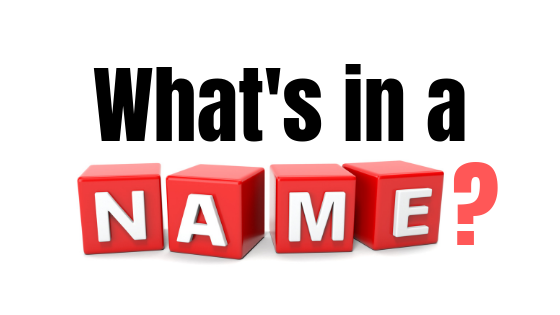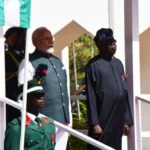Recently, I have had need to recount the story of a child – about six years old – I met in Enugu on one of my trips back home who didn’t speak a word of Igbo. Her parents preferred that she spoke only English. Sadly, they didn’t have the funds to send her to a good school, and so she ended up in an ‘anyhow’ one where not even the teachers teaching in English spoke good grammar. The result was that this girl couldn’t articulate herself in any language. Not in Igbo, and not in the English she was supposedly being raised in.
I am fairly certain that her parents knew that she wasn’t learning proper grammar because she made really basic errors, but the pride with which they announced to me that their daughter didn’t speak Igbo, it was enough for them that she didn’t speak it. And I think that fact was more important than the sort of English that she spoke.
Not speaking Igbo, and therefore not being seen as ‘local’ was the entire point of their decision to raise an Igbo child in the heart of Igboland and to forbid her from speaking Igbo (surely, raising a child not to speak the language they are surrounded by must involve an order NOT to speak it and for others around her NOT to speak it to her). Unfortunately, that’s what happens when we swallow the lie that what we are – whatever Nigerian ethnicity it is – is inferior to being “Westernised.’ And we see this manifest itself in a myriad of ways, big and small.
Perhaps, one of the most visible ways – along with forbidding children to speak a language that should come naturally to them is in how we name our children. While Europeans and Americans are not running around giving their children foreign names – in fact, if we saw an Oyibo Segun or Chukwudi, we’d wonder how they came about the name and perhaps even consider it newsworthy enough to share as widely as possible – so many of us up until today, find it preferable to give our children Oyibo names. And sometimes only Oyibo names, even when we have no sentimental attachment to the name or know exactly what it means.
- COAS to Plateau governor: Bring all on board to end killings
- We will work with you to foster peace in Kwara, Emir tells Onijagbo
Worse, there are those who mock their fellow Nigerians for having or giving their children indigenous names, especially when those names are not common. I’ve heard someone once ask new parents why in this ‘modern’ age, they gave their infant a ‘native’ name. Odikwaegwu! As for her, she boasted, her children would not enter this world burdened with such ‘heavy’ names.
I am not saying that people shouldn’t name their offspring whatever they want to name them, na una pikins ooo – but I am making a plea for us to perhaps think a bit more carefully about sharing our pride in our cultures by giving names that showcase our heritage. And perhaps more importantly, to understand why we feel the need to give our children foreign names. And why we mock those who do? In other words, why do we think our heritage is a burden to be discarded and replaced with someone else’s? We cannot begin to make a change in behaviour if we don’t understand the ‘why’ of that behaviour, abi?
While our parents and grandparents might have been forced to take on Western names, no one demands it of this generation. It is really odd that coming from cultures as rich as ours, where traditionally, naming a child has always been an important undertaking, (at least in the Nigerian cultures that I know of) and our names are often meaningful sentences, many of us would choose to give our children names of which we do not know the meaning of.
I don’t know if this is a peculiarly Naija thing (especially a certain part of Naija), but none of my South African and Kenyan friends has a child with a foreign name. Certainly not as their only name.
What’s a name? Plenty. It’s arguably the most visible identity that you wear. When you tell someone your name you are saying “This is who I am.” In Igbo culture, it is believed that your name influences you. Olaudah Equiano, the 16th century Igbo man who was enslaved and later bought his freedom, wrote that his father gave him the name (I believe is properly spelled as Oluda Ekwuanu) which he translated as “when you speak, people will listen,” because he wanted his son to be an important voice. And that name became prophetic. Equiano was one of the most important abolitionists of his time, and his 1789 autobiography, ‘The Interesting Narrative of the Life of Olaudah Equiano, or Gustavus Vassa, the African,’ remains as popular as it was in his time.
So biko, when you name your next child, sit with your hopes for this child and give them a name that fits. And yes, it is perfectly okay to make up a name yourself in your language. I did that with some of my children. Have a great week, folks!

 Join Daily Trust WhatsApp Community For Quick Access To News and Happenings Around You.
Join Daily Trust WhatsApp Community For Quick Access To News and Happenings Around You.

